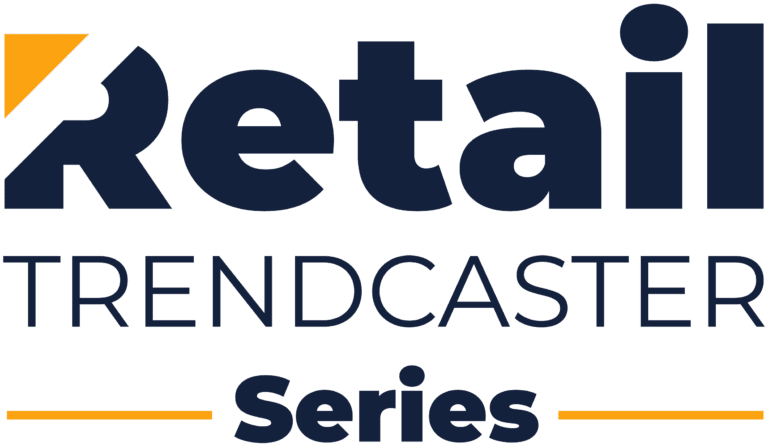At a time when huge numbers of retailers and main street businesses are under incredible pressure just to stay afloat, the last thing they want to worry about is fraud. Unfortunately, not only is fraud a very real threat, but invoice fraud in particular is estimated to be costing medium-sized retailers around the world as much as $280,000 annually, according to a new survey by Medius and Censuswide. When left unchecked, such activity can quickly tip struggling businesses over the edge, which means taking steps to prevent it must be a top priority.
Fraud and Cybercrime are Persistent Threats to Retailers
Global media headlines are often filled with stories about consumers being tricked into handing over large sums of money to organized gangs of cybercriminals and fraudsters. What’s less well-publicized is the fact that medium-sized retailers are just as vulnerable, and in some cases even more so because of their large cash flows and often chaotic accounts payable (AP) departments. The reason it’s less well-publicized is because many retailers who fall victim to things like invoice fraud keep it to themselves through fear of damaging their brand reputation and/or supplier relationships if it were to be made public.
Of course, it’s not just retailers that are at risk. Even huge multinational organizations like Meta and Google have fallen foul of fraudsters in the past. However, while Meta and Google have the financial means to weather such storms, smaller businesses often aren’t as lucky. In many cases, just one successful attack can be enough to put them on a terminal trajectory.
Worryingly, the full extent of the issue isn’t known either, meaning it could be even more rampant than feared. According to the Medius study, 25% of finance executives surveyed were unable to estimate how much invoice fraud was costing their businesses, even though the same study found that, on average, finance teams had spotted 12 cases of this kind of fraud in the last year.
The Move to Digital Payments is Exposing Archaic and Outdated Payment Processes
One of the reasons behind this trend is a lack of investment in key areas like AP automation, which can play a big role in helping spot and prevent invoice fraud. In fact, 17% of finance professionals in the retail industry questioned by Medius said their companies hardly innovate in this area at all.
Why does this matter? Because as digital transformation continues to reshape the finance and accounting industry, a growing number of businesses and their finance teams are moving to digital payments rather than traditional paper invoices. However, without the right safeguards in place to detect fraudulent activity, going digital can sometimes make it even easier for fraudsters to be successful. Below are two of the most common ways this can happen:
1. Illegitimate vendors: In this case, fraudsters posing as vendors manage to penetrate a company’s system and submit invoices that are low enough in value to ensure they just get approved without any further checks taking place. It is successful when businesses do not have proper processes in place to thoroughly vet new vendors before setting them up on their accounts payable systems or validate the invoices before sending them for payment.
2. Invoice spoofing/fake invoices: This type of fraud involves invoices that have come from a legitimate vendor, but the invoice has been tampered with and key remittance information changed in some way. Examples include a different email address or altered bank details. When accounts go to pay the invoice, they will be prompted to change the details, but the fact that there’s a valid vendor on the invoice puts minds at ease and it’s done without question, meaning payments get diverted into fraudulent accounts. It is often perpetrated by an insider on the vendor side, or someone on the paying company’s side who has the means and opportunity to change key invoice information.
Effective AP Automation can Greatly Reduce the Risk of Invoice Fraud
As mentioned above, despite growing migration to digital payment systems, a lack of innovation and investment in the surrounding technology, such as AP automation, is a major reason why invoice fraud continues unabated.
Without the help of automation, busy AP departments can often become chaotic places during peak trading periods, with workload pressure eventually resulting in human errors that open the door to opportunistic invoice fraud. Conversely, well-implemented AP automation can lighten the load by delivering a much higher level of visibility across all activities, as well as introducing more control into the approval process, which can greatly reduce the risk of financial losses.
It does this by automatically matching every single invoice with a corresponding purchase order and receipt, rather than employees having to do it manually. As part of the process, a red flag will be raised if an attempted payment has no invoice to match against it, if there are discrepancies in the invoice details or if there is no record of goods received. Automated systems can also set various key parameters and an interpretation engine will flag any anomalies found when compared against established transaction histories, helping to catch illegitimate vendors and spoof invoices before any payments are made.
At a time when retailers are being attacked from all sides, the last thing they can afford is to become a victim of fraud as well. Fortunately, there’s a growing array of technology available that can help them spot and prevent things like invoice fraud before any financial losses are incurred. Of course, even with solutions like AP automation in place, organizations should never become complacent. After all, there are new, as yet undiscovered, methods of fraud surfacing all the time, which means vigilance is key!
Branden Jenkins is the COO of Medius having joined in 2021. With 20 years of executive leadership experience running and scaling SaaS companies including Oracle NetSuite, Jenkins is a subject matter expert on driving rapid business and commerce growth, running cross-functional teams and overall go-to-market strategies. Jenkins built and empowered a management team focused on attaining market penetration and operationalizing Medius’ business structure. He also spearheaded a shift in Medius’ business model by launching a SaaS / Cloud solution. This, along with other decisive leadership moments, helped drive year-over-year growth and substantial bottom-line improvements. Jenkin’s current position requires leadership and ownership of the strategic direction in go-to-market, product strategy, corporate development and alliances for the company that is now doing $160 billion annually.






